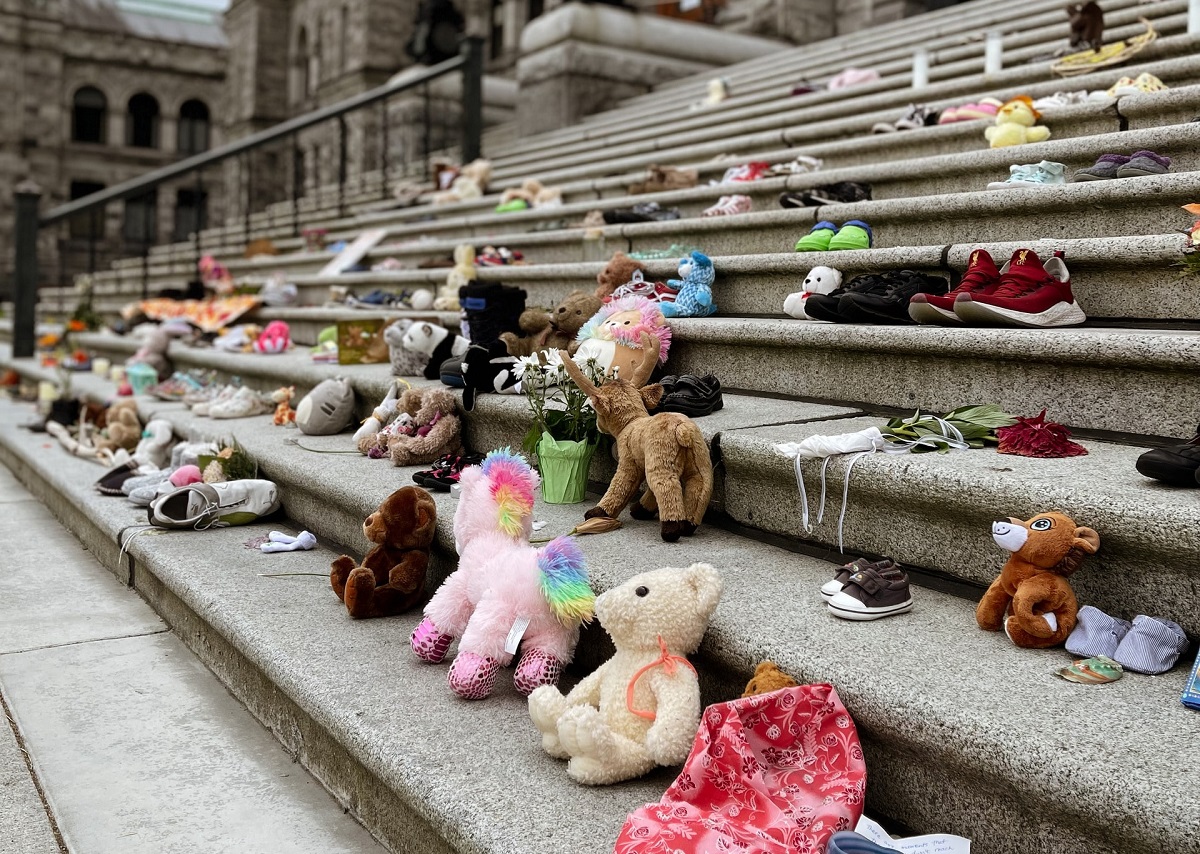
Members of the media may directly contact the following experts:
Brenda Macdougall (English and French)
Director, Institute of Indigenous Research and Studies and Academic Delegate for Indigenous Engagement; Full Professor, Department of Geography, Environment and Geomatics, Faculty of Arts.
Nicholas Ng-A-Fook (English and French)
Full Professor, Faculty of Education. Former Director of the Teacher Education and Indigenous Teacher Education Programs and specialist in Indigenous History.
Lisa Howell (English only)
Part-time Professor and PhD Candidate, Faculty of Education
“Long before the federal government announced the National Day of Truth and Reconciliation, six-year-old Phyllis Webstad's grandmother bought her a shiny orange shirt to wear on her first day at the Mission School on the Dog Creek Reserve (Stswecem’c Xgat’tem First Nation). Phyllis' orange shirt was stripped away from her and came to symbolise how no one at the school cared about her or all the other children's feelings. The National Day of Truth and Reconciliation commemorates all the children who were taken, the ones who never made it home, the survivors, and their families. It calls us to remembrance and to action, on September 30 and beyond.”
– Professors Ng-A-Fook and Howell
Sarah Funnell (English only)
Director, Centre for Indigenous Health Research and Education, Faculty of Medicine
A public health specialist and an Anishinaabekwe and Tuscaroran family physician, Dr. Funnell will guide the faculty as it works alongside Indigenous stakeholders and health practitioners to develop a vision and a solution-oriented future for strengthening research and education. This important dialogue will be responsive to local and regional needs and focused on Indigenous health and social priorities.
“A formal day for truth and reconciliation is a public acknowledgment of the policy of genocide that resulted in loss of life, loss of language and culture and the resultant impacts on generations of First Nations, Metis and Inuit Peoples. As Indigenous Peoples we know what we need to be well and healthy. Our culture heals us. We are strong.”
Ghislain Otis (French only)
Full Professor and Canada Research Chair on Legal Diversity and Indigenous Peoples, Faculty of Law – Civil Law Section
"This is a moment of privilege in rethinking how we practice law, which in itself was an instrument used to colonize indigenous populations, a tool for overcoming the colonial paradigm. This legal recasting of our relationship is difficult but necessary for establishing a relationship of appeasement that can bring reconciliation."
Eva Ottawa (French only)
Part-time Professor, Faculty of Law – Civil Law Section
Professor Ottawa recently submitted a thesis on opikihawasowin that will provide invaluable tools to better understand Indigenous legal systems.
Cyndy Wylde (French only)
Professor, School of Social Work, Faculty of Social Sciences
"The National Day for Truth and Reconciliation is an occasion to commemorate the victims and survivors of the residential schools system. My family sacrificed for this country and it is undeniable that Canada has been quick to exclude that as it nation builds. It’s important to remember how and why. It’s fine time to not only recognize this but to honor the truth. It’s a day when truth is front and center. #EveryChildMatters"
